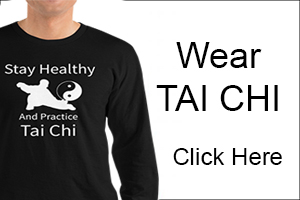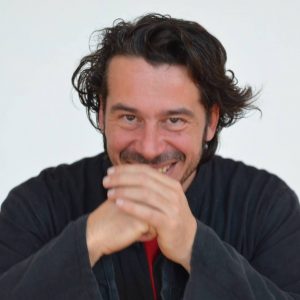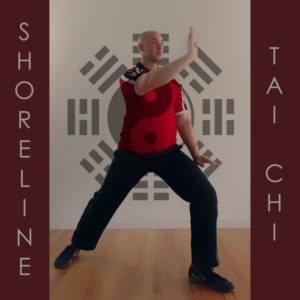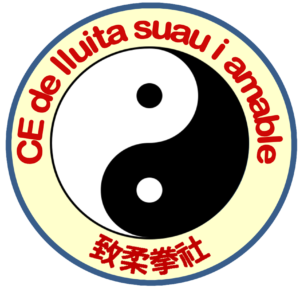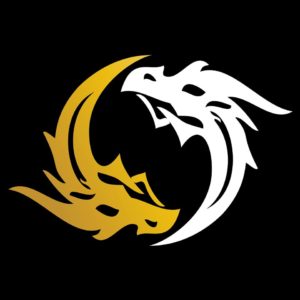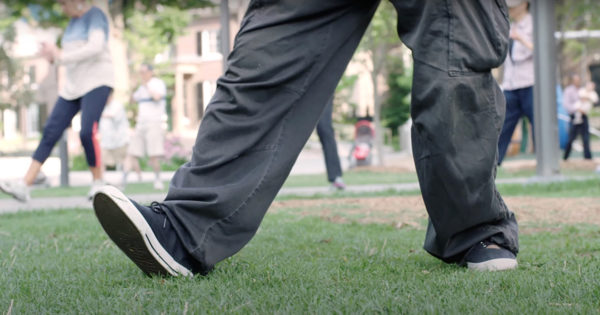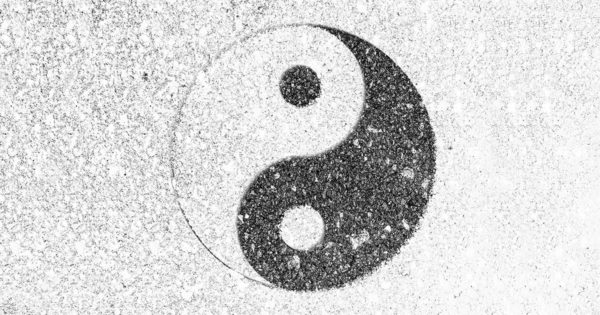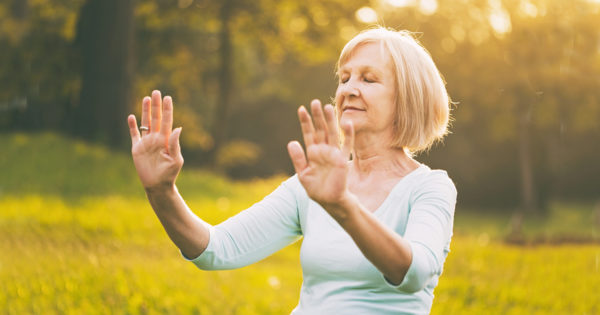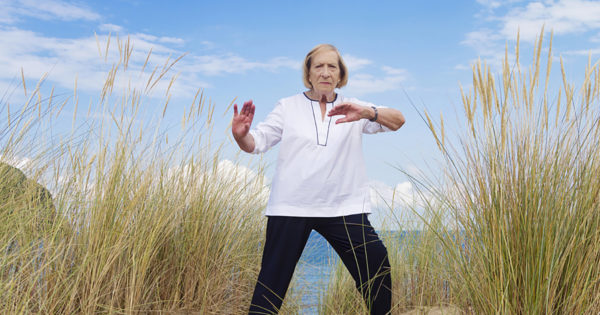Slanted FlyingJournal of Tai Chi Chuan
Training
Taijiquan And The Parasympathetic Nervous System
The flow state is studied primarily psychologically rather than physiologically because one cannot just enter this state on command. Researchers rely on the memories of those who have experienced the flow state rather than taking blood samples or taking physiological measurements while the performer is actually in the flow state. This could potentially lead to misinterpretations of what the flow state involves.
Psychological studies of the flow state are primarily retrospective in design and they therefore tend to provide only correlations rather than causal relationships between variables. People who have experienced the flow state in sports may describe their experience as being confident and being totally absorbed in and focused on the task, and may attribute achieving that state to preparation (despite their preparations being unable to consistently reproduce the phenomenon) and a sense of control. But are they confident and in control because they are in the zone, or do these factors induce the flow state? Which is the cause and which is the effect?
Is someone experiencing the flow state actually “supremely focused” as typically described, or are they actually better described as being “calm” and having an awareness of everything else that is going on around them? The former may be interpreted as being under control of the SNS (increased focus…) whereas the latter could be describing the PSNS (peripheral visual awareness…). Unless we actually measure the hormone levels in the blood during the flow state, it is difficult to know for certain which hormones are responsible, those of the SNS or the PSNS.
The flow state is sometimes referred to as having one’s attention on the present only, rather than expectations, doubts or worries, past failures or successes, or other mental barriers that limit one’s abilities at the present moment. To me this sounds very similar to the goals of meditation, and is what many teachers try to get their students to reach through their “internal” martial arts training. But to me, this also sounds like it is referring to PSNS qualities rather than those of the SNS!
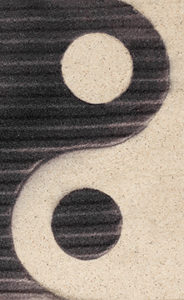 The qualities of performing in a relaxed manner with the movements not needing to be worked at or struggled with, also reflects my understanding of the PSNS. To me, it is not “mental toughness” but mental openness. “Toughness” follows the traditional viewpoint of sport where the strong is dominant; but openness describes qualities of being like a receiver that has greater awareness of ones situation and environment, and it therefore relates to the PSNS.
The qualities of performing in a relaxed manner with the movements not needing to be worked at or struggled with, also reflects my understanding of the PSNS. To me, it is not “mental toughness” but mental openness. “Toughness” follows the traditional viewpoint of sport where the strong is dominant; but openness describes qualities of being like a receiver that has greater awareness of ones situation and environment, and it therefore relates to the PSNS.
This “magical” and hard to obtain flow state seems to be what Taijiquan is training for, and seems to rely on having the PSNS predominate rather than enhancing the SNS. To me, the zone is about having the ideal mood, but that mood is not about having “intensity” in order to “overcome” obstacles (SNS) as is often the way that it is described. Composure and resiliency is not about being more intense!
Performing at ones best by being calm and relaxed (PSNS) is different than being excited and energetic (SNS). Until we know whether the PSNS or SNS hormones are responsible for the flow state, we cannot know which of these systems is responsible for optimal performance. It is possible that one could enter the flow state from either end of the continuum, but it is also possible that those who study this phenomenon are failing to recognize the possibility that the flow state comes from the PSNS end of the spectrum.
When studying sports, one has the assumption that increased effort produces superior results, and it would then follow that the highest level of sports achievement (being in the zone) would follow from somehow increasing that effort even more. But I suspect that there may be something different involved that may be obscured from researchers by their inherent biases. I think that the highest level of achievement may be when the PSNS takes over from the normal SNS control and that this may be what allows athletes to enter the flow state during peak performance.
The PSNS seems to be what Taijiquan and other “internal” martial arts are training. This is fundamentally different than the results obtained from enhanced SNS activities (greater effort and intensity…) that could be associated with “external” styles of martial arts training. PSNS training simply does not fit the paradigm of strength and conditioning for sports performance in gym settings with personal trainers.
Note that PSNS optimization is different than having low energy (low motivation, fatigue, wandering concentration, “too relaxed”…). Being in the zone is different than zoning out! Instead, it is an alertness that lets one take in or receive more overall information without being distracted by individual inputs, i.e., a broadening of one’s awareness. Rather than forcing your will upon the situation (yang & SNS), one should be open to receiving (yin & PSNS) the sensory inputs as they actually are, without prejudgments biased by likes or dislikes. The mental state is one of openness, flexibility and adaptability and is not equivalent to ritual.
Rituals can help athletes calm down (exhibiting increased PSNS control) in order to enhance their performance, like the rituals basketball players have prior to shooting a free throw, but rituals rely on gaining comfort from past experiences rather than really being comfortable in the present. Being comfortable in the present is closer to being “unconscious” as the flow state during peak performance is sometimes described. Often athletes will gain the ability to increase their performance simply by breathing normally in a relaxed manner (which activates the PSNS).
Clearly Taijiquan appears to rely on activating the PSNS for optimal performance, whereas athletes typically activate their SNS. We will need to wait for science to further investigate the influences of the PSNS on peak performance before we can be clear about what really underlies the flow state. But PSNS dominance is currently outside of the paradigm of sports training and performance, so “internal” style martial artists may have to wait some time for research to address the issue.
Perhaps for optimal performance, less (the PSNS) is more (than the SNS).
Remember to check out our other articles on Tai Chi Training!

